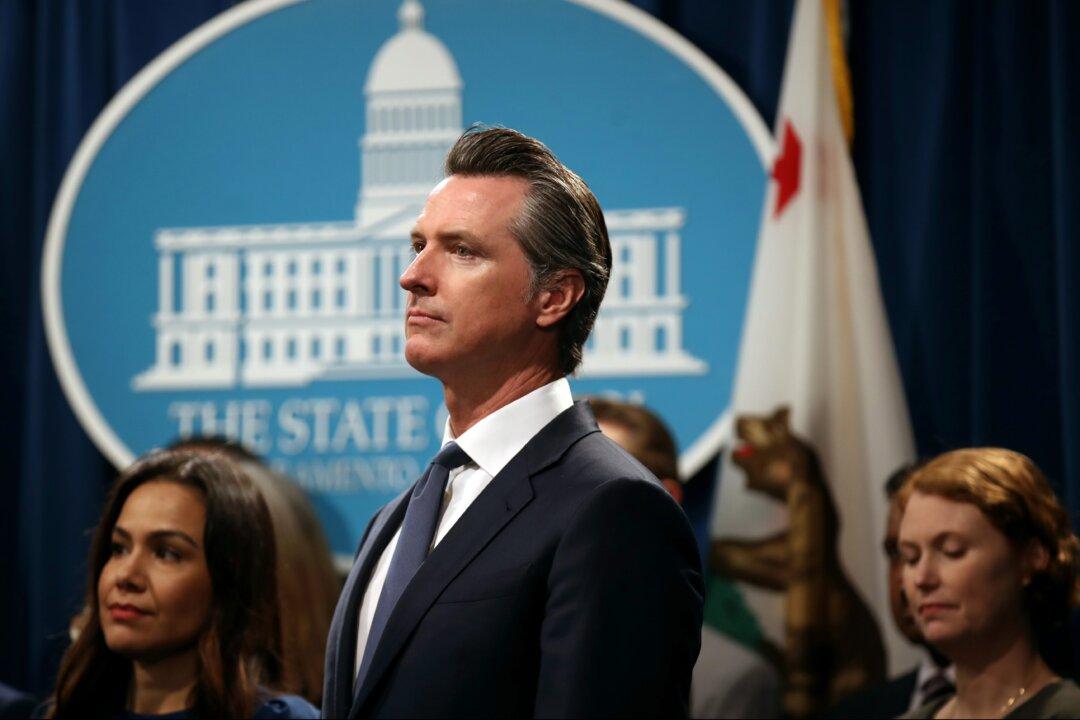The Trump administration is suing California over what it calls an “illegal” cap-and-trade agreement with the Canadian province of Quebec, alleging the Golden State is conducting its own “independent foreign policy in the area of greenhouse gas regulation.”
The lawsuit comes as the administration prepares to formally withdraw the United States from the 2015 Paris Agreement on climate change, in which close to 200 countries pledged to reduce emissions claimed to contribute to global warming, The New York Times reports, citing unnamed sources.





